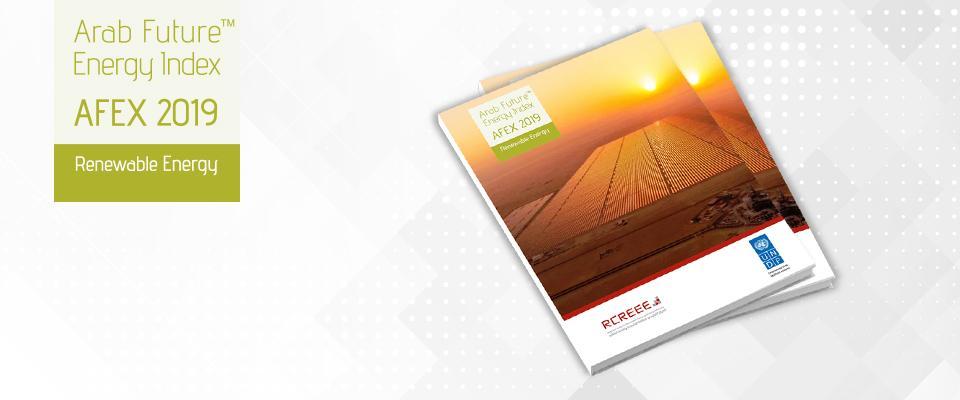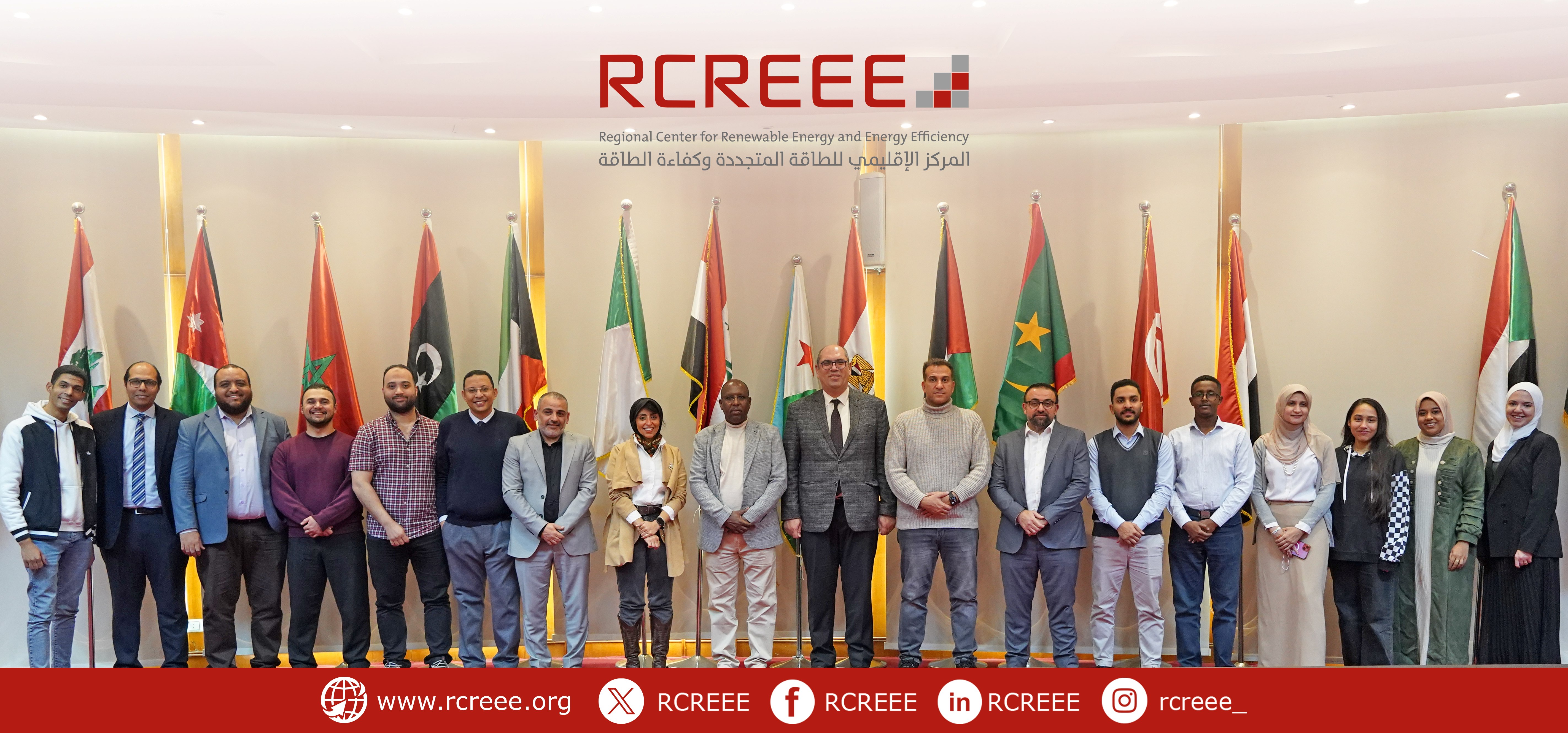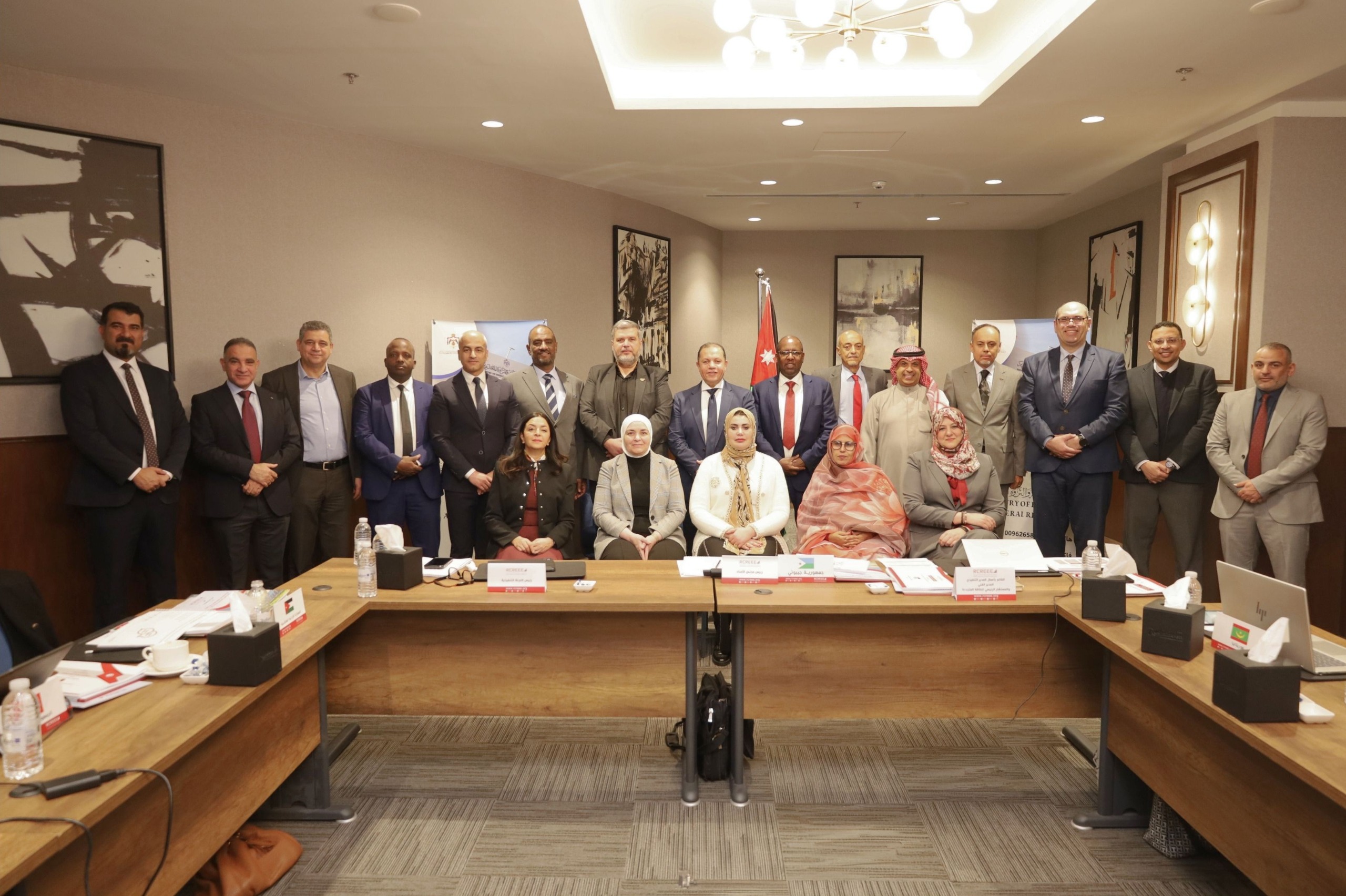
RCREEE and UNDP join forces revealing Arab countries leap progress in Renewables through the 2019 edition of Arab Future Energy Index (AFEX) Report
The Arab States region doubles capacity in renewables in just two years.
Increased effort needed to reach ambitious targets and accelerate climate action
The Arab States region has doubled its capacity to produce renewable energy in the space of just two years, says fifth edition of AFEX report by the Regional Center for Renewable Energy and Energy Efficiency (RCREEE) and the United Nations Development Programme (UNDP), yet accelerated action is needed to achieve ambitious targets for renewables set by Arab countries for 2035 – and to step up the efforts towards overall climate action.
The Arab Future Energy Index ( AFEX)report, is an annual analysis dedicated to tracking low-carbon sustainable energy trends towards 2030 and ranking countries annually against over 20 indicators in the categories of institutional capacity, policy frameworks, finance and investment, and market structures. Report findings show a ten-fold increase in solar and wind power in the region over the past decade, and a doubling of capacities in the past two years alone. Seven countries in the region possess 90 % of the current region-wide capacity, with Egypt and Morocco together accounting for nearly half, followed by Jordan, the United Arab Emirates, Algeria, Tunisia and Sudan. Jordan has the highest amount of renewable energy installed capacity per capita, while Yemen made large gains in the midst of crisis through emergency development interventions.
Other countries in the region are expected to increase capacity in the near term, as several have improved the enabling conditions for finance and investment, part of a trend which has seen accumulated investments in renewable energy reach USD 15bn as more countries begin. Every country in the region now has renewable energy installations – up from only four countries in the region in 2008. The report also ranked countries in terms of progress on setting enabling conditions for renewable investments, with, Egypt, Jordan and Morocco coming is as the top three, followed by the United Arab Emirates, Tunisia, Algeria, State of Palestine, and Kingdom of Saudi Arabia.
The report also shows that the market response to new opportunities has been strong, indicating potential for continued growth of renewables. Countries in the region have increased their ambitions for renewable energy capacity from 6.2 giga watts (GW) currently to 190 GW by 2030. The most ambitious country plan is shown by Djibouti, which intends to cover 100 per cent of energy needs with renewables by 2035.
The report comes as the international community is grappling with the impacts of climate change and international organizations, the scientific community and regional organizations are advocating for the transition to a carbon-neutral economy as a means of arresting the rise in global temperature. The United Nations Secretary General António Guterres has called the climate emergency “the fight of our lives, and for our lives,” and has appealed to United Nations Member States to do much more to reach carbon neutrality by 2050 and keep temperature rise to 1.5 degrees Celsius by the end of this century.
While the major impact of the spread of COVID 19 and the need to respond urgently and effectively will take center-stage on the international agenda for the upcoming period, as countries begin to chart recovery plans the world will be given an opportunity to embrace approaches that reduce the risk of disaster, with increased investments in renewables likely to be a key part of the response, should conditions allow. While acknowledging that overall countries in the region are at the early stages of reaching national renewable energy goals, the report points to the tremendous scope and room for growth in the renewable energy sector. For the first time, regional capacity in solar has surpassed that of wind, an indicator of trends to come and reflecting the immense potential for improvement in the region that has one of the highest levels of solar irradiation in the world. “AFEX 2019 results show us the overwhelmingly positive market response to renewable energy business, demonstrating confidence in the region’s renewable energy potential and investment environment.” Says Dr. Maged K. Mahmoud, RCREEE Technical Director.
In a region which is seeking more stable economic growth and is facing a critical shortage of job opportunities for a growing youth population, increasing investing in renewables also holds potential for boosting employment and generating new areas of economic vitality. “Increasing investment in renewable energy is fundamental for the future of the Arab States region,” said Sarah Poole, Officer-in-Charge of the Regional Bureau for Arab States. “It is encouraging that the region has taken steps forward in increasing investment in renewable energy. However much more progress is needed, and the time to act is now — progress on renewable energy must be urgently accelerated if the region is to seize its potential.”
In launching this report, UNDP joined forces with RCREEE seeking to strengthen its commitment to working with countries across the region to expand investments in renewable energy. Additionally, in 2019 UNDP launched the “Climate Promise,” offering to support 100 countries to raise the level of ambitions linked to the Paris Agreement. UNDP has also committed to reducing its own carbon footprint, having launched a “Greening Moonshot” to reduce emissions by 25 per cent by 2025 and 50 per cent by 2030. These plans remain in place even as UNDP joins the world in rapidly reframing programming to focus on preparing and recovering from the impact of COVID-19, and will play in an important role in strengthening institutions in ways that can prevent the emergence of pandemics in the future.
“This report is launched as a result of collaboration between RCREEE and the UNDP. I would like to express my gratitude to the authors and contributors of this publication. This amazing work would not have been produced without the efforts of the authors, collaborators and the relentless support of the UNDP,“ says RCREEE Executive Director, Dr. Ahmed Badr.
The report is the fifth edition of AFEX and the fourth in the series jointly elaborated by UNDP and RCREEE, as part of a shared commitment to generate knowledge on progress in renewables and energy across the region, a means of informing policymakers and a tool for enhancing momentum for increased investment. While countries in the Arab States region were making significant progress on adopting renewable energy, the current COVID-19 outbreak has led to plunging oil prices and driven vast social and economic disruption. These recent developments, both in the oil markets and the impact in terms of trade slowdown on the future of renewables will need to be monitored closely as the region charts the way towards a greener energy profile.
About the Arab Future Energy Index (AFEX) report
AFEX is the first Arab index dedicated to monitoring and analyzing sustainable energy competitiveness and governance in the region (20 countries) and offers both quantitative and qualitative assessments on key RE/EE markets. AFEX was initially launched by RCREEE as a flagship report in 2013 ranking Arab countries with more than 28 indicators illustrating key energy market aspects. Moreover, the publication provides a great opportunity for Arab countries to learn from each other’s achievements and success stories in implementing energy efficiency measures, policies and technologies. More details: https://rcreee.org/node/3583/

